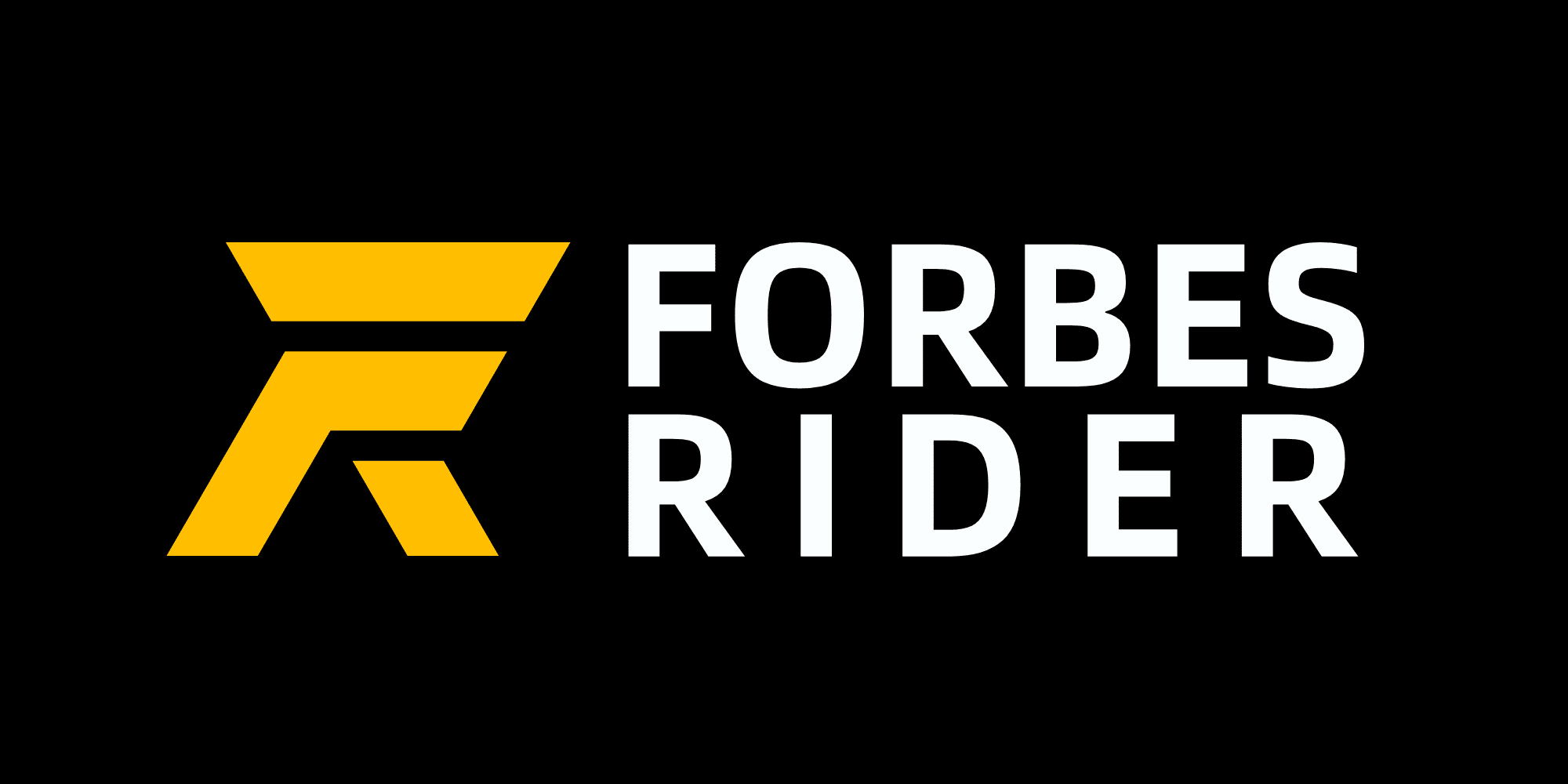Introduction: The Dark Science of Deception
Deception in its broadest term can be referred to as practical jokes, known and practiced by different people since time immemorial, can be simply termed as confidence tricks due to the fact that they belong to a vast and very colorful and intriguing area associated with the human personality known as psychology or otherwise known as the art of manipulation and asset of high cunning intelligence. In this extensive review, the author looks closely at the functioning of confidence schemes and the effects of con artistry, both on people and society.
Explanation of Confidence Scams
What Counts for Confidence Trick?
A confidence trick or simply con is an overly cunning method of defrauding a person or a group of persons by messing with their psychology, confidence, and/or their feelings. Unlike most other vampire powers, these elaborate cons base themselves on psychological control not physical might.
Historical Context
Confidence tricks have evolved throughout human history, adapting to:
- Technological advancements
- Changing social structures
- New forms of transmitting information
Psychological Mechanisms
The Elements of Influence
Confidence tricks typically involve:
– Partnership must be seen to be credible and trustworthy
Establishing specters of opportunity
Self-serving trends and targeting human feelings and reasoning errors
Emotional Exploitation
Successful confidence tricks target fundamental human desires:
- Financial gain
- Belonging
- Recognition
- Hope for a better future
Types of Confidence Tricks
Basic Confidence Scams
Traditional confidence tricks include:
- The Ponzi Scheme
- Investment Fraud
- Romance Scams
- Inheritance Fraud
Modern Digital Deceptions
Contemporary confidence tricks leverage:
- Online platforms
- Social media networks
contemporary technological devices
International communication networks
Psychological Profiles
Characteristics of Confidence Tricksters
Typical perpetrators often demonstrate:
- High emotional intelligence
They need to have sophisticated communication skills. - Assessment of human behaviors
Offensive capabilities In particular, the following and similar ones are apparent when multi-media infomercials are considered: Counselling; Sevices; Ability to create narratives.
Victim Vulnerability Factors
- Seek quick solutions
Example | Emotion | – Be feeling desperate - Lack critical skepticism
- They have little or no English skills.
- High pressure to make decisions that may seems rash
- Demand of information on the person
This means stakes with tempting offers that look as though they have been designed by a genii. - Consulting trusted advisors
- Difficulty in prosecution
- Jurisdictional limitations
- Changes in technology or technology advancements
- Erosion of trust
Psychological Trauma for Victims - Economic destabilization
- Technologies of communication at the postindustrial stage
- Global interconnectedness
- Cryptocurrency manipulation
High level of sophistication of social engineering tactics - Emotional counseling
- Financial rehabilitation
- Legal guidance
- Community support systems
- Self-compassion
Cogntive & affective – ‘Understanding psychological mechanisms’ - Developing resilience
- Learning from experiences
